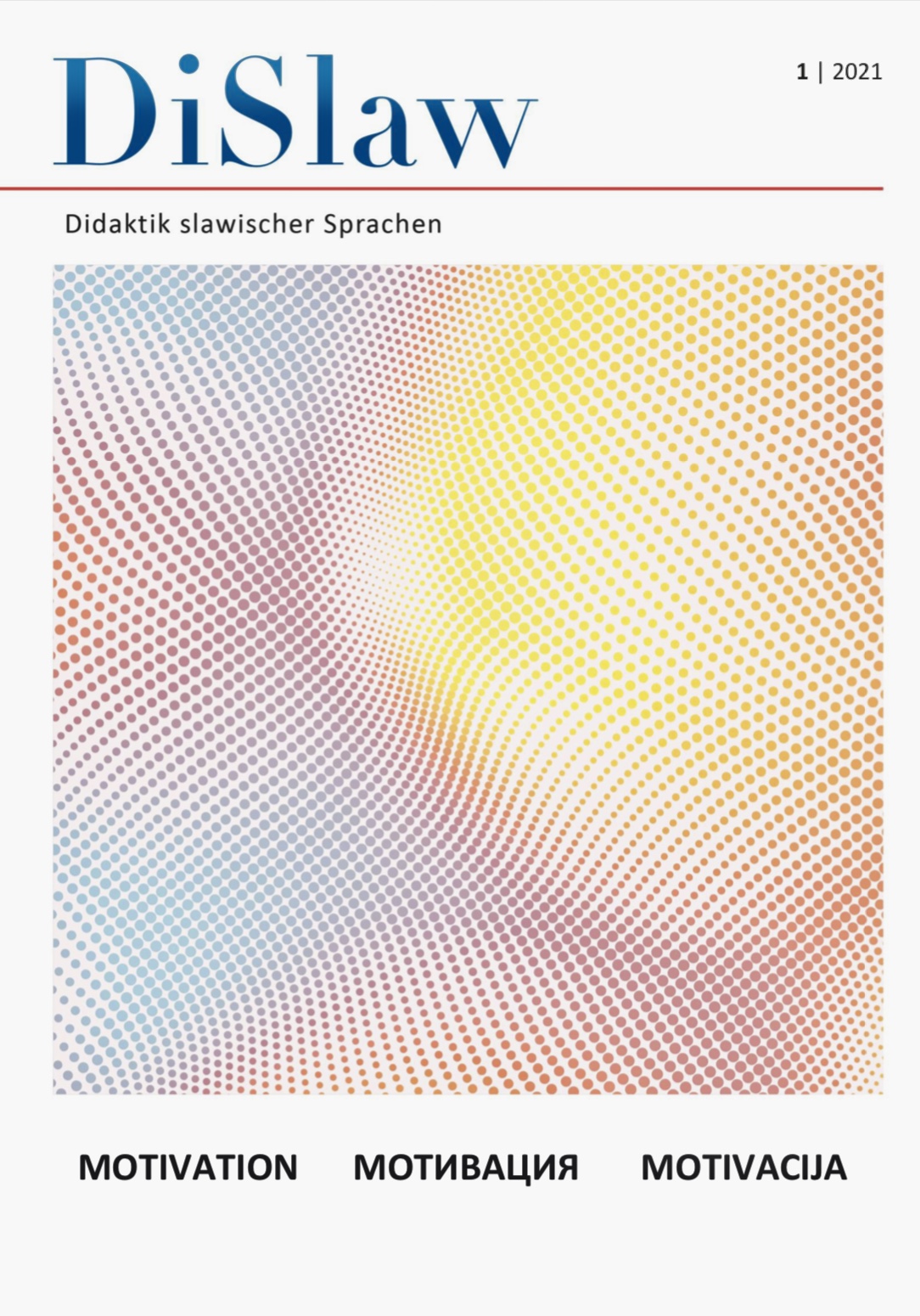The Passport of Linguistic Challenges
A Motivation-Supporting Method for Learning Russian Inside and Outside the Classroom
DOI:
https://doi.org/10.48789/2021.1.8Keywords:
task-based language learning, authentic situations, autonomy, overcoming L2 anxietyAbstract
The paper describes a project conducted at Ruhr-University Bochum that aims to increase the motivation of Russian language learners by helping them to actively integrate Russian into their everyday life. Based on Slavkov & Séror (2019) and in collaboration with trainee and in-service teachers of Russian we developed a Passport of Linguistic Challenges for Russian, which can be used in both university and school contexts. The passport identifies 83 authentic challenging situations in which learners can use Russian outside the classroom, such as posting a comment in Russian on a social network or composing an email to their instructor in Russian. Learners can mark each linguistic action performed with a check mark and rate its difficulty. The motivation to use Russian as frequently as possible in everyday life also promotes students’ autonomy. In addition, learners who have mastered a certain number of risky situations with the help of the passport can be additionally motivated by rewards, e.g. at the end of the semester or term. The paper ends with concrete scenarios for the use of the instrument in different teaching contexts.



